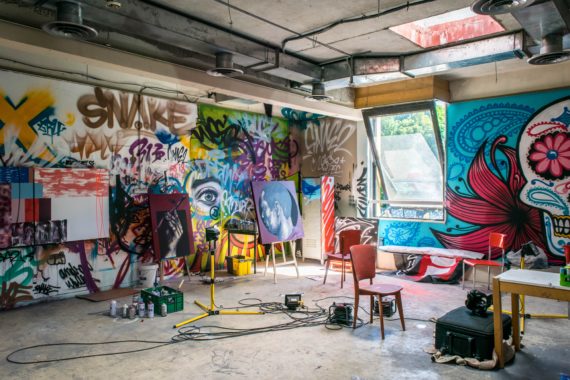Short and simple. Fair compensation. What do these words bring to your mind? What feelings emerge as you hear them? I want you to pause for a moment and think about something.
Imagine…
You have gone through years of business studies, educated yourself into your profession. You have worked in the field and gained also valuable practical expertise. You are working on projects, you have your own small company that you are building. Of course, competition makes it difficult to get your brand and name out there so you are looking into ways to make yourself known. You are getting invites to speak at conferences, take part in hackathons, share your knowledge, as your knowledge is respected. But you are expected to do all these pro bono, the only compensation being getting your name out there.
Hold on, is this right?
Now you already probably feel there is a contradiction here. Why would someone in business speak for free, work for free or share expertise for free? It is a part of business yes and an invoive is sent after. Now change the word business studies to studies in the creative industries or art studies. Then this entire story feels normal, doesn’t it? It is “normal” for creatives to work for free to become known, to give art for free to showcase their work, give lectures to get their name out there. But why? Why is this a prerequisite for the creatives and not the other industries? The only distinguishing factor in this scenario is the industry. Not the amount of work and hours put into studies, building or running a business.
call for fair compensation
Fair compensation should be taken into use in the cultural and creative industries as well. For every vision, idea, speech, session, hackathon that creates a product or business idea, there should be a price tag. Just like for all the other expert work that is done in other sectors.
The Finnish Union of University Researchers and teachers has developed a Compensation Recommendation for academic workers. These kinds of guidelines are needed to enhance the creative and cultural industry’s situtation, on top of for example changing attitudes toward creative work.
Author: RDI Specialist Annika Salmi (annika.salmi(at)xamk.fi). The author works for the Creative Ports project, which receives Interreg funding.

